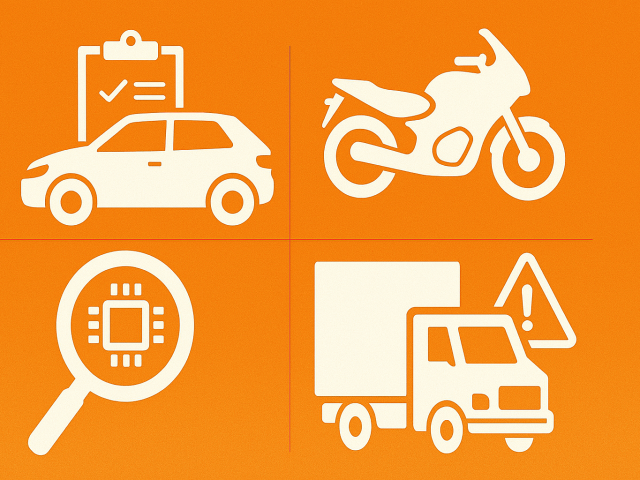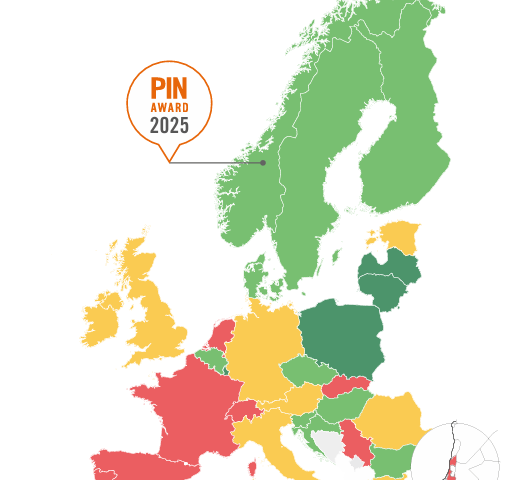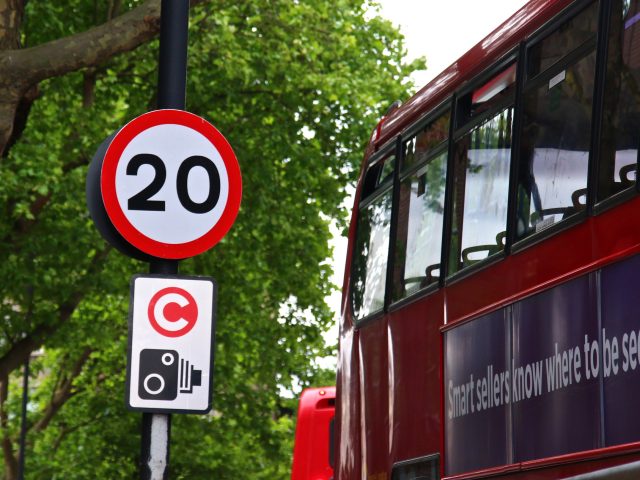European Commission study sets out regulatory options for ‘personal mobility devices’ including e-scooters
A new study for the European Commission has set out potential ways of regulating safety standards for the multiplicity of personal electric vehicles that do not currently fall under EU vehicle type approval regulations.
The report, by TRL and fka, recommends creating a universal approval framework that could cover multiple types of electrically-powered vehicles under 250 kg and with a top speed of 25 km/h or less. Such devices include standing and seated e-scooters, low-speed mopeds, e-unicycles, so-called ‘hoverboards’ and other self-balancing vehicles, as well as electric bicycles specifically designed to carry goods or people.
The authors say that the current rules for pedal-assist bicycles are working reasonably well and don’t need to be changed in the short term, though they could be added to the proposed new framework at a later date. Higher speed or weight vehicles would be covered by existing type approval rules.
A standardised European system of certification would bring benefits for safety as many member states currently have no legally enforced technical standards covering road safety for these types of vehicles – leading to products entering the market with, e.g. poor structural integrity or ineffective brakes. A single European scheme could ease the regulatory burden on manufacturers who currently have to meet separate requirements in countries such as the Netherlands, Spain and Germany, who have developed their own regulatory standards. It would also lower the regulatory burden on member states that do not currently regulate the technical requirements affecting road safety for personal mobility devices as there would be no need to create a national certification scheme.
The proposed approach is largely in line with recommendations made by ETSC in its latest report, which focused exclusively on standing e-scooters. However, ETSC recommends a maximum speed of 20 km/h for the standing e-scooter category. The EU report also does not cover usage rules for e-scooters which are set at national level. ETSC is advocating for formal EU recommendations on e-scooter usage including a minimum rider age of 16, mandatory helmets, and a ban on riding with passengers or under the influence of alcohol and drugs.







